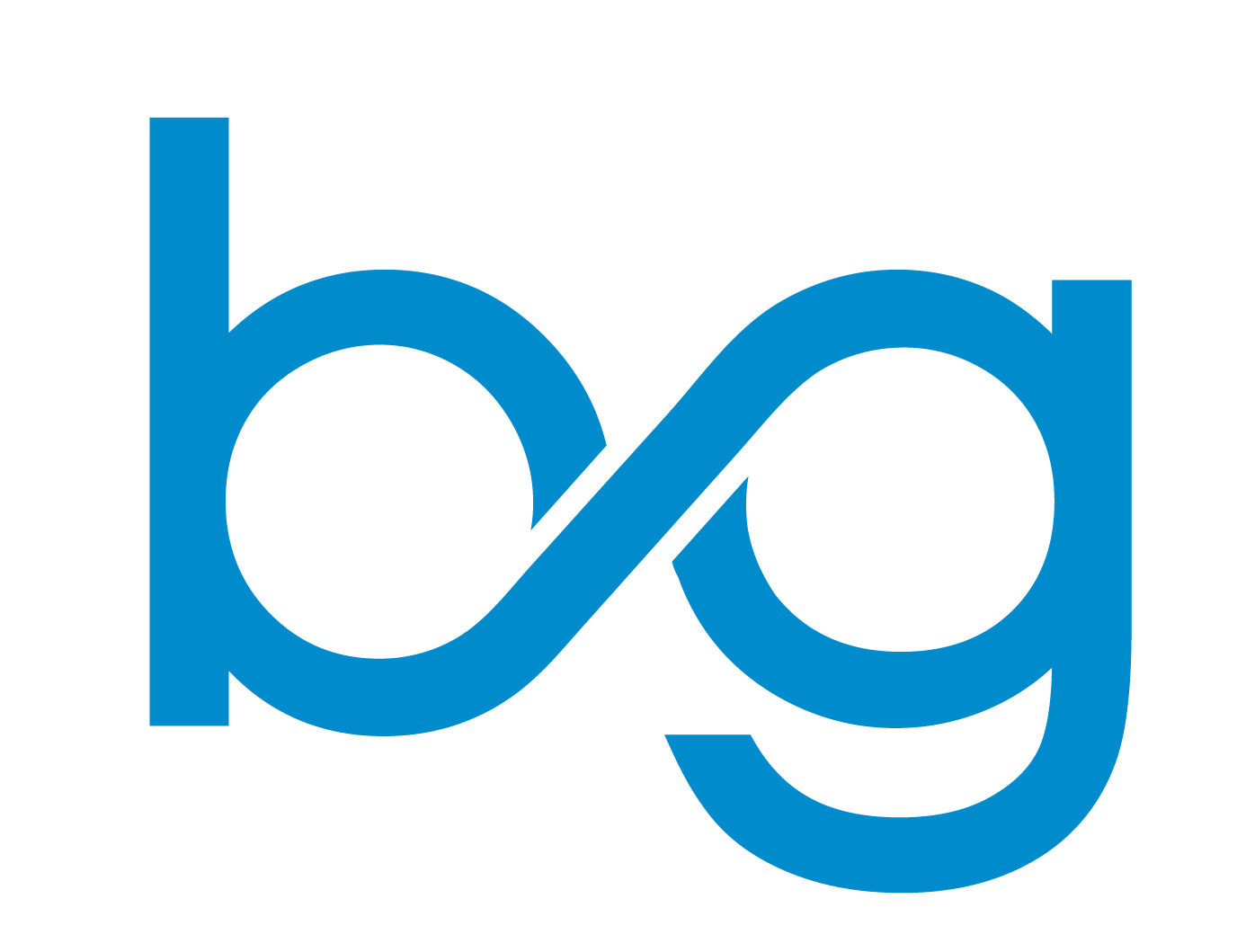Our Business team are available to offer advice in employment law, buying and selling a business, company formation and many more business legal services.
To find out more about the individual services provided by our team, please select one of the services listed below.
Mergers, acquisitions and business sales are an exciting and stressful time for any business. Sound, accurate and reliable legal advice is essential to maximise the value from business whether through acquisition, merger, disposals, buy-outs or buy-ins.
We cater for clients involved in such diverse areas as industrial chemicals and engineering through to care homes, agriculture and food production. Our understanding of our clients’ commercial objectives and business environment within which they operate is extensive.
Our clients require creativity, flexibility and speed and we endeavour to meet those standards, giving you the competitive advantage and confidence to achieve the best possible outcome for your business.
All business are likely at some time to be involved in commercial disputes and even commercial litigation.
Our ethos with commercial disputes is that if you start from the right point before rushing into court proceedings, resolving the dispute can often be less expensive and painful.
Ben Barber, our Senior Litigation Partner, has a wealth of experience dealing with disputes. Contact him on 01472 240251 for more information.
For businesses in growth the need for specialised commercial property advice on purchases, leases, planning or funding is crucial. Commercial property is an increasingly complex area and we have a team with specialisations in this area to assist you.
Our commercial department has built up over 30 years of in-depth property and development experience including site acquisition, sale or commercial lease plus other property arrangements.
- Granting or taking a lease
- Conditional contracts or options
- Planning matters relating to the development of land
- Funding commercial property development
- Grant of easements such as rights of way to enable commercial development to take place
- Sales and acquisitions of working farms and agricultural land
So whether your company is involved in property development, purchasing commercial property or leasing commercial premises we have the expertise to help secure the deal within your timescales and budget.
All successful businesses need to protect themselves by using precise and well drafted Contracts and Agreements in their dealings with customers, suppliers, employees and any third parties.
Failure to do this can present a significant risk to the future success of the business. Our commercial team will work closely with you to ensure your commercial agreements and terms are accurately reflected in contracts, giving you objective advice in drafting new documents or reviewing what is already in place.
You can trust us to deliver clear contracts, without the ‘twists and turns’, contracts that are designed to not only protect your business, but also help build on its success in the future.
Our Employment Law team provides assistance to employers on Employment law and their ever changing legal obligations.
This could be advice on specific situations or help setting up the correct employment systems and processes, such as drafting employment contracts.
When setting up a new business how do you decide whether it should be as a sole trader, partnership, limited company or any other type of business formation?
The choice you make about your company formation could be one of the most important you make for your business and will affect the way your business can operate, influence its growth and determine the division of its assets, payouts and liabilities at a later stage.
At BG Solicitors LLP we take time to look at your business and your personal situation. What your intentions and plans are for the present and the future, before recommending the most appropriate steps to take.
We will explore the options and implications of the different types of business structure ensuring this fundamental early business decision is one that is made with all the necessary information.
If your new business venture is to be a business acquisition we can advise you on the terms and contracts. We find out as much as possible about the business, ensuring you have all the information about the risks and benefits of the contracts.
On larger transactions, where due diligence is undertaken, we will work closely with your accountancy practice and other professional advisers, making the process as simple as possible to make sure that any decision you make is made with the full understanding of all its commercial and legal implications.
It is natural that with the larger transactions, where the financial risk to the buyer and seller is much greater, the amount of work involved is consequently greater, but we will take all steps to simplify the paperwork to ensure that any decision you make, is made with as full an understanding of all its commercial and legal implications.
We have an experienced insolvency team who can offer advice and assistance tailored to each individual client at a sensible price. We are regularly instructed by individuals, sole traders, partnerships and companies and pride ourselves on our personable, effective and common sense approach to legal advice.
We can advise on the following insolvency processes:
Administration
What is Administration?
Administration is a legal process used to facilitate the ‘rescue’ of an insolvent company, which involves the appointment of an administrator.
The administrator is appointed to manage the company’s affairs, business and property and a company is deemed to be ‘in administration’ while the appointment of the administrator has effect.
Purpose of Administration
The administration of a company must achieve one of the following objectives:
The rescue of the company (as distinct from the business carried on by the company) as a going concern (the primary objective)
The achievement of a better result for the company’s creditors as a whole than would be likely if the company were wound up (without first being in administration) (the second objective)
The realisation of some or all of the company’s property to make a distribution to one or more secured or preferential creditors (the third objective)
Why Use Administration?
Perhaps you are a director of a company that is encountering severe financial difficulty. Where a company is unable to pay its debts and as a result an insolvency procedure is inevitable, administration may be an appropriate measure to deal with these difficulties. Administration has many advantages such as providing the company with some breathing space due to the benefit of a statutory moratorium. This moratorium restricts the ability of third parties (e.g. your creditors) to enforce their rights against the company, without the prior consent of the administrator or the consent of the court. It also prevents the commencement of alternative insolvency procedures in respect of the company.
It can also be a relatively cheap process as well as flexible.
What happens during Administration?
When a company enters administration, an insolvency practitioner is appointed as the company’s administrator. The administrator takes over the control of the company’s business and assets from the company’s directors, in order to achieve one of the statutory purposes of administration.
Liquidations
Liquidation is a procedure through which the assets of a company are realised and distributed to creditors in satisfaction of the debt that they are owed, and in the order of priority as set out in the Insolvency Act 1986. Following the end of liquidation, the company is dissolved. Liquidation is also referred to as winding up and the terms are often used interchangeably.
A company can be wound up using either compulsory liquidation or voluntary liquidation.
Compulsory liquidation
Compulsory liquidation (also known as compulsory winding up) is a court-based procedure through which the assets of a company are realised to satisfy the company’s debts and liabilities as far as is possible. There is no freeze on the enforcement of security but there is a stay on the commencement or continuation of proceedings against the company without the leave of the court.
The procedures starts with the presentation of a winding-up petition at court. The court will schedule a hearing and the petitioner must serve and advertise the petition amongst other steps. The court can appoint a provisional liquidator in the period between the petition issue and hearing in order to preserve the assets of the company, and accordingly can direct the powers available to fulfil this. At the hearing, a judge will decide whether it is appropriate to make a winding-up order. The court has discretion to make a winding-up order, or dismiss or adjourn the petition.
If a winding-up order is made, the winding up is then deemed to commence from the date that the petition for winding up was presented (effectively, the order has retrospective effect).
Once a winding-up order has been made, the Official Receiver is initially appointed as liquidator until and unless the company’s creditors appoint their own liquidator.
Voluntary Liquidation
There are two forms of voluntary liquidation: members’ voluntary liquidation (MVL) and creditors’ voluntary liquidation (CVL).
The distinction between an MVL and CVL lies with whether the directors have made a statutory declaration of solvency stating that the company will be able to pay its debts in full, with interest, within a specific period not exceeding 12 months from the commencement of the liquidation. This is a crucial step to placing a company into MVL and is why it is referred to as “solvent liquidation.
In contrast, where the directors do not make such a declaration, the winding up is a CVL Unsecured creditors have an interest in a CVL as, unlike an MVL, they may not be paid the debts owed to them in full, where there are insufficient assets available. Therefore, they are involved in the appointment of a liquidator and are entitled to receive reports on the progress of the liquidation. Accordingly, the liquidator has a duty to act in the best interest of the creditors.
If you are a business needing help in this area, please get in touch immediately so that we can assist.
Company Voluntary Arrangements
What is a CVA?
A company voluntary arrangement (CVA) is a procedure that may help a company to address its financial difficulties. It is a compromise, or other arrangement , between a company and its creditors.
A CVA is implemented under the supervision of an insolvency practitioner. The insolvency practitioner is known as the nominee before the CVA proposals are approved, and as the supervisor afterwards.
A CVA binds all unsecured creditors of a company (if the relevant majorities vote in favour of the proposals at properly convened meetings of creditors and shareholders of the company. A CVA does not affect the rights of secured or preferential creditors unless they agree to the proposals.
Purpose of a CVA
The CVA procedure is intended to allow companies to avoid liquidation by coming to an informal, but binding, agreement or compromise with their unsecured creditors.
CVAs may also be used to avoid or supplement other types of formal insolvency procedures, such as administration or liquidation.
Typically, CVA proposals will include a rescheduling or reducing of the company’s debts.
If we consider that a CVA may be appropriate then we would refer you to an insolvency practitioner.
If you are a business needing help in this area, please get in touch immediately so that we can assist.
Individual Voluntary Arrangements
We can assist in negotiating full and final settlement agreements with creditors to relieve an individual of financial pressures. We can do this under a fixed fee which we can discuss during your initial appointment.
If a debt is genuinely disputed, then it may be more appropriate to refer your matter to our Dispute Resolution Team.
If you are a business needing advice in this area, please get in touch immediately so that we can help.
Restructuring & Refinancing
We can assist in negotiating full and final settlement agreements with creditors to relieve an individual of financial pressures. We can do this under a fixed fee which we can discuss during your initial appointment.
If a debt is genuinely disputed, then it may be more appropriate to refer your matter to our Dispute Resolution Team.
If you are a business needing help in this area, please get in touch immediately so that we can assist.
Bankruptcy
You’ve no doubt had many sleepless nights worrying about your creditors and what steps they can take against you for non-payment. We can put your mind at rest by advising fully on your creditors’ options, how these could affect you and whether bankruptcy would be your best option. Consideration has to be given to your home, wages, bank account and other matters.
Legal aid is no longer available to get advice relating to debt and/or bankruptcy. We recognise that if you are struggling with debt, you need to know from the outset how much it will cost. We therefore offer a fixed fee service, so if your debts are becoming overwhelming, why not make an appointment on a fixed fee basis. At that appointment, if you decide to proceed with bankruptcy, we can give you our fixed fees from start to finish but payment is required up front because the last thing you need is another bill to worry about!
Currently the Court fee to declare yourself bankruptcy is £705 although this reduces to £525 if you are on a low wage or in receipt of qualifying benefits.
Individual Voluntary Arrangements (IVA)
An IVA is a mechanism that allows a debtor:
- To settle their outstanding unsecured debts by paying a proportion of the amount that they owe to their creditors.
- To come to an arrangement with their creditors over the payment of their debts.
An IVA can be used either as an alternative to bankruptcy, or as a means of distributing assets realised by a trustee in bankruptcy to a debtor’s creditors.
If we consider that an IVA may be appropriate then we would refer you to an insolvency practitioner.
We can assist in the recovery of debts. Initially we would write to the debtor (whether it be a company or individual) and after allowing a period for payment, then advise on the issue of proceedings and the costs. Securing a County Court Judgment (CCJ) is often 25% of the battle! Actually securing payment accounts for the remaining 75% and we have the experience and knowledge to guide you through the enforcement options. These are many and not all are appropriate for the judgment outstanding. We can explain which is your best option and how long it should take to achieve success if indeed the debt is recoverable.
In cases where we are instructed to collect several debts for one client, we may be able to offer fixed fees based on the value of the debt with a very nominal fee in the unlikely event of non-recovery.
If you want to make someone bankruptcy for a debt owed to you
Legal aid is no longer available to sue for a debt or to pursue bankruptcy. Our Dispute Resolution Team can assist you in claiming payment through the County Court but if you already have a Judgment and want to make the debtor bankrupt, we can still assist.
Currently, a debt inclusive of any court costs must be £750 or above but this figure is due for a substantial increase later this year.
We offer a fixed fee service so that you can budget ahead. If you need to discuss whether bankruptcy is a viable option, please make an initial fixed fee appointment and we can advise on the procedure and further costs which could again be on a fixed fee basis.
At the moment the Court fee alone to make someone bankrupt is £1030 although this reduces to £750 if you are on a low wage or in receipt of qualifying benefits.
If you have money owed to your business and would like advice on how recover this debt contact our Debt Recovery team
BG Solicitors LLP offers a comprehensive solicitor agency service that mirrors the high quality service we provide to our own clients.
We understand the need for an Agent to provide a level of service and professionalism as exacting as your own and in whom you can have complete trust.
At BG Solicitors LLP we can undertake a variety of work for other Solicitors in the Lincolnshire area.
We can assist with:
- Interlocutory assessments
- Mortgage re-possessions
- Case Management
- Conferences
- Conferences with Counsel Family and Child Care hearings
We pride ourselves in our ability to respond quickly to requests and report outcomes immediately after the event.
Fees
Please contact us for a free, no obligation quote.
Quick Contact
Grimsby
- 01472 240 251
Louth
- 01507 600 610
Scunthorpe
- 01724 847 888
Barton
- 01652 632 215
Hessle
- 01482 212077























